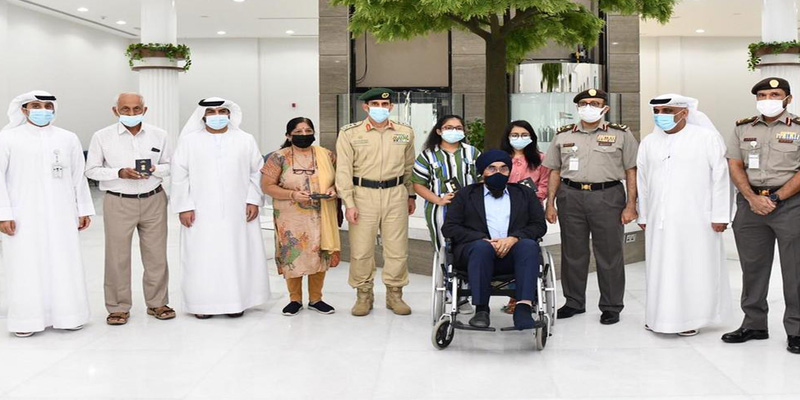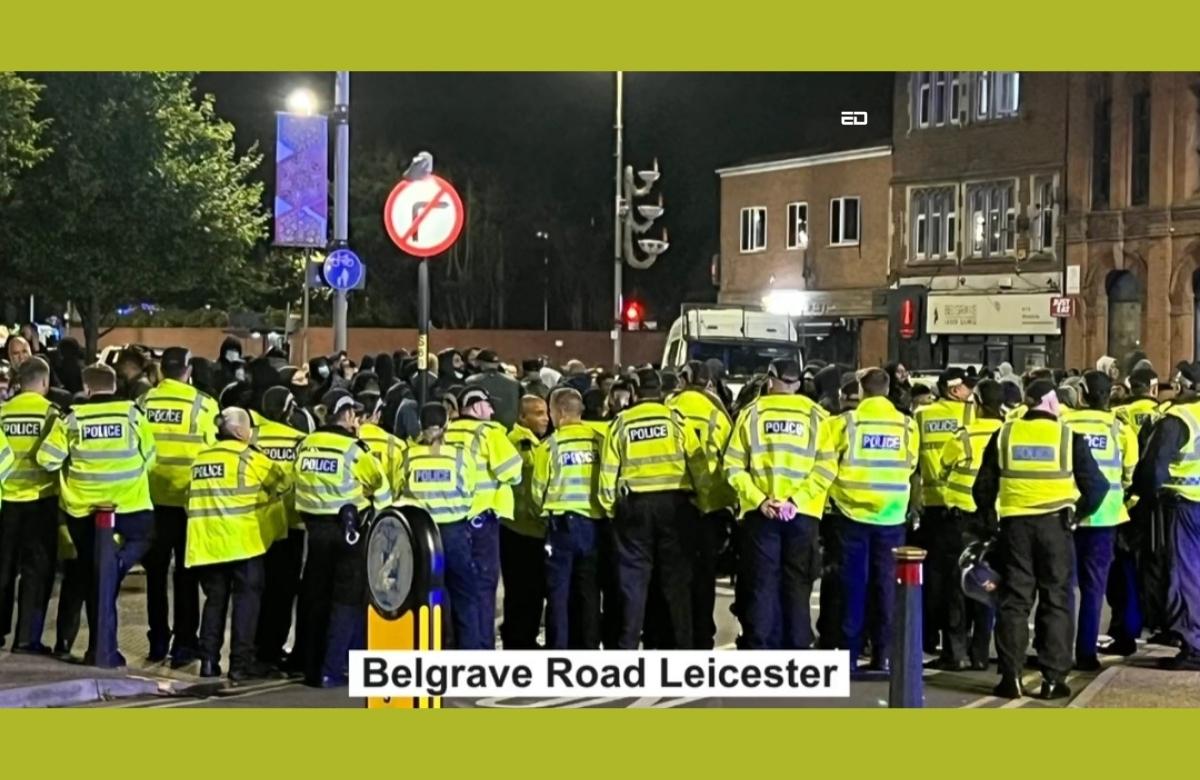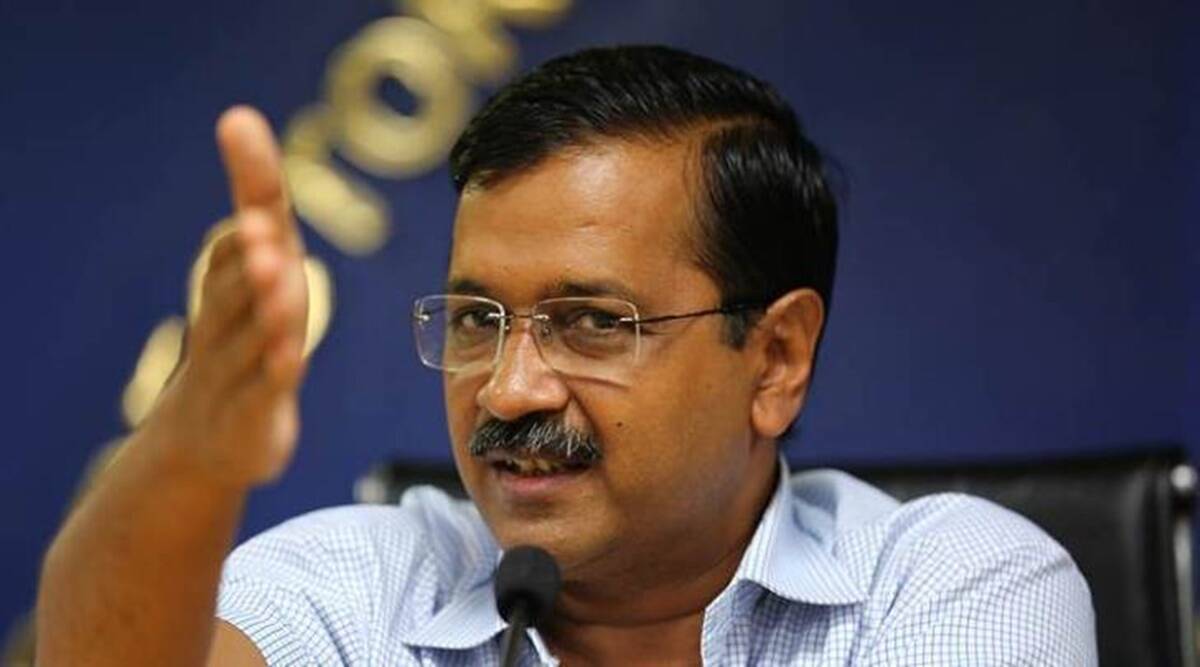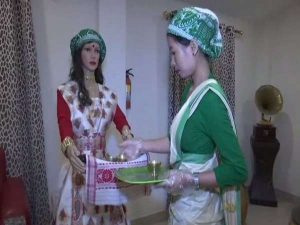“This is a drama of madmen, only those should join it who will fight to the finish,” farmer leader and former president of the Bharatiya Kisan Union Mahender Singh Tikait declared addressing the farmers rally at the Boat Club lawns in October 1988. With a brute majority of 404 in a house of 544 the Rajiv Gandhi government gave little heed to the farmers’ grievances. Power had gone into the rulers heads and they believed nothing could touch them.
During the six days sit in at the Boat Club in one of the interviews to this reporter Tikait had said, “These people who read in English Schools and sit in air conditioned offices in cities have not looked at us for the last 40 years and have no right to rule us. They have to listen to us now.”
Before the farmers protest at Boat Club the Bharat Kisan Union (BKU) led by Tikait had held a 25-day dharna outside the office of the Divisional Commissioner, Meerut. The main demands of the farmers were writing off of loans, increase in sugar cane price from Rs.27 to Rs.35, pension for farmers, reservation of government jobs for farmers wards, representation of farmers representatives in Agricultural Prices Commission and local development boards, proper compensation for land acquired by the government and withdrawal of criminal cases against farmers.
Most opposition parties including the BJP then supported the farmers struggle. Farmers unions from different parts of the country had also came out in support of the agitation. However, both the Uttar Pradesh government as well as the Central Government described the agitation as a local western UP phenomenon led by ‘rich farmers’. Many ruling party leaders thought Tikait as only a mad man leading his followers with unrealistic demands. The U.P. Government just before the 1989 general elections conceded some of the demands of the farmers. In the elections, Rajiv Gandhi and the Congress got a severe drubbing. Obviously, Tikait had through his unconventional leadership managed to arouse the farmers in different parts of the country.
One of the main features of Tikait’s struggle was to keep party politics away from the centre stage. No politician was allowed to take the stage during the struggles and politicians were kept at arms’ length. Tikait had no political ambitions and did not fight any election until his death in 2011. He adopted the principles of non-cooperation and non-violence in his struggles. At one time he advised farmers to stop paying electricity bills. The farmers leader also had a group of experts to advise him and to negotiate with the government.
In the current agitation farmers day to day problems have been relegated to the background and the repeal of the three agriculture related central acts has become the single point programe. In Punjab, the farmers agitation started in June 2020 immediately after the promulgation of the three ordinances. It intensified after parliament passed the three bills in spite of the demand from several members of parliament to refer the farm bills to a select committee before it became law.
Like in 1988, power, it is clear has blinded the ruling BJP with its majority of 303 seats in the Lok Sabha for the Modi government did not even think it proper or necessary to consult the Akali Dal, the BJP’s oldest ally in the National Democratic Alliance (NDA) forcing the lone Akali Minister in the Union Cabinet Harsimrat Kaur Badal to resign in protest.
While in1988 the farmers moved from Meerut to Delhi with comparative ease in November 2020 they had to fight their way from Punjab to Delhi facing teargas shells, water cannons and trenches dug on national highways.
Initially, just like in 1988, the Modi government argued that the agitation was confined to only the ‘rich farmers’ from the Punjab. Many BJP supporters also alleged that the agitation was being led by Khalistani elements inside and outside the country. As the farmers continued their agitation peacefully the government gradually shed these views and started negotiations with the farmers. While the government insisted the acts were beneficial to farmers the latter stuck to the demand that the acts be repealed. Several rounds of talks between the farmers and the government have not resolved the dispute.
The farmers unions have taking a leaf from Tikait has so far kept political parties and politicians away from the agitation. While everyone is welcome to lend support no representative of any political party has so far been invited or allowed to speak from their stage.
And following the quite avoidable violence on Republic Day, the Delhi police went on a fortification spree at all borders of Delhi with neighbouring states of Uttar Pradesh and Haryana as if the police were preparing for a prolonged war with the farmers . The unreasonable and ludicrous actions of the police have been condemned by all opposition parties. The farmers protest has also been gaining international support from both celebrities as well as world leaders.
One only hopes that the Modi government sheds its majoritarian attitude, repeal the agriculture laws which, by all accounts, blatantly violate the federal structure of the Indian constitution and will adversely affect the livelihoods of crores of small farmers and agriculture labour in the country.































